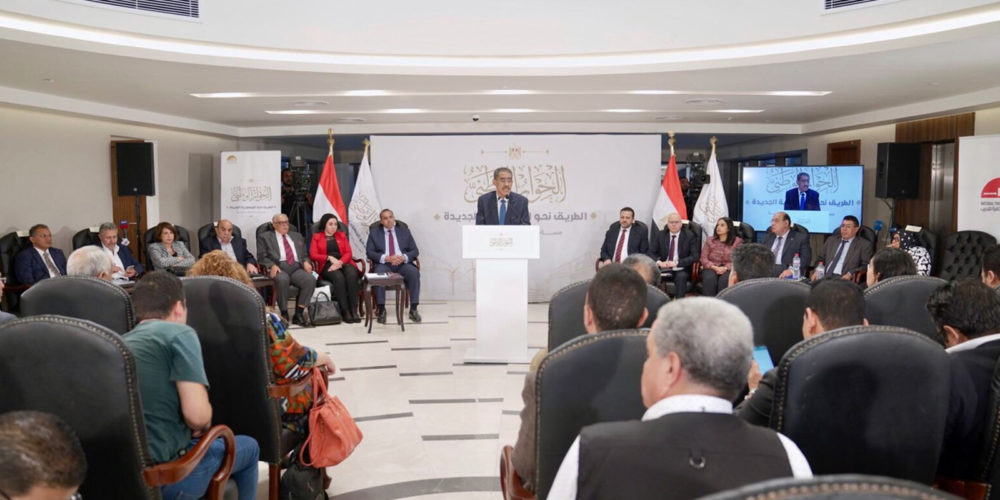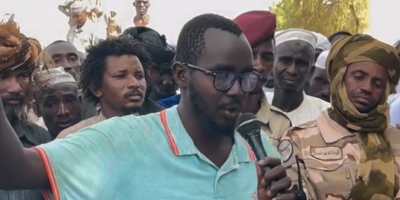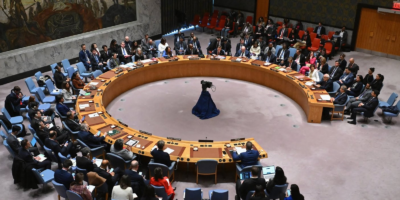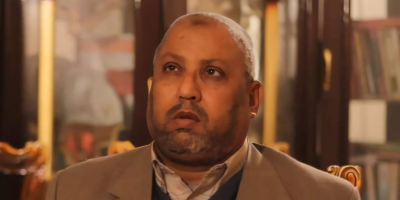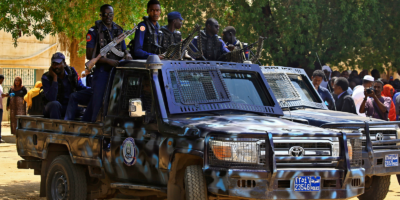The political prisoners crisis in Egypt has witnessed little progress one year after the activation of the Presidential Pardon Committee in April 2022, the Committee for Justice said in a new paper.
Following the “Egyptian Family” iftar event, where the Egyptian President, Abdel Fattah el-Sisi, called for a national dialogue, saying, “The nation accommodates all of us, and differences in opinion do not harm the nation’s cause,” the reality reflects a state of contradiction with the calls made by the Egyptian President.
In its paper on the anniversary of the Committee’s reactivation, CFJ attempts to review and assess the effectiveness of the Committee’s performance within the context of the Egyptian human rights landscape, its developments, and its intersections with the statements of different committee members. The paper also provides recommendations to enhance the committee’s effectiveness and improve its performance.
CFJ has documented the release of 754 individuals detained in opinion-related cases since the reactivation of the Committee, whether through their release from various prosecution offices or through presidential pardons. Among them, 10 prisoners who had been sentenced and had presidential pardons issued for them were released. Additionally, 744 detainees in pretrial detention were released based on 14 separate decisions to release them on bail in various cases from the Supreme State Security Prosecution. These releases were accompanied by statements from committee members regarding these releases as a culmination of the committee’s efforts.
On the other hand, the Supreme State Security Prosecution achieved approximately four times the number of those released. According to CFJ’s documentation during the mentioned period, 3,250 individuals were brought in for investigation before the Supreme State Security Prosecution in various cases. They included those who were arrested for the first time or those who were subjected to rotation in new cases.
CFJ’s Executive Director Ahmed Mefreh commented on this by saying, “Numbers do not hide the complete truth, which is that everything that has happened since
the Egyptian Family Iftar event falls under the category of propaganda and promotion to beautify the image of the Egyptian regime internationally. There is nothing new on the ground. Arrests continue, to the extent that they have targeted individuals who were previously released by the same Pardon Committee. Repression is at its peak and increasing due to the economic crisis currently facing Egyptian society, which is expected to cast its shadow over the political and human rights landscape in Egypt in the coming period.”
The committee’s work since its activation has shown a contradiction between what is legal and the statements of committee members. The committee was only responsible for issuing presidential pardons for 10 prisoners who had received final prison sentences. In contrast, 703 individuals were released based on bail decisions issued by the Supreme State Security Prosecution, which is exclusively responsible for their charges and investigations under legal and judicial authority. Committee members confirmed that this was done in coordination with the presidential institution, which directs the judicial authority (represented by the Supreme State Security Prosecution) to issue those decisions.
However, Counselor Adel Marwan, the Egyptian Minister of Justice, stated that there is no cooperation between the judiciary and any political party regarding the release of detainees in pretrial detention. He emphasized that the decision rests entirely with the judiciary, and any other interpretation would be considered an encroachment on its authority. This discrepancy between the minister’s statements and what the committee stated and actually achieved reflects the significant influence of the executive authority and the absence of separation between it and the powers of the judicial authority.
There has also been another debate about the criteria for presidential pardon on which the committee relies in its submissions, as well as the criteria of the security agencies in this regard, which conduct “list reviews”. Most of the releases have excluded those affiliated with Islamic movements in terms of ideology and organization, as long as their involvement in violent activities has not been proven. It was reported by a journalist that one of the committee members categorically rejected pardoning Alaa Abdel Fattah and Ahmed Douma based on them being “instigators of riots and non-compliant with prison regulations.” There
have also been reports of a “security veto” obstructing the release of any Muslim Brotherhood leaders.
The Committee and its members operate within predefined boundaries related to the state’s public policy, which cannot be exceeded. This applies to both the political and ideological classification of those released and even the possibility of discussing some prominent detainees from various affiliations while attempting to export the concept of “enmity” that exists between them and the “state.”
Regarding the social reintegration and rehabilitation of those released, the reality proves that the statements made by Committee members have no realistic impact on the ground. The re-arrest of Sherif El-Roubi serves as a striking example of the lack of seriousness in dealing with this issue by the Egyptian authorities.
El-Roubi was one of the cases for which the Pardon Committee intervened for his release. He was indeed released in May 2022, under Case No. 1111/2020. However, he was arrested again and presented to the Supreme State Security Prosecution on September 17 of the same year under Case No. 1634/2022, on charges of spreading false news and joining a terrorist group. He was apprehended just three months after his release following his highlighting of certain practices occurring inside prisons or even for those who were released, such as hindering their personal interests, not completing their identification papers, obtaining official documents, or facing harassment at checkpoints on public roads or in employment.
Given all of the above, CFJ believes that the file of detainees in political cases and opinion holders in Egypt is a “secret place,” and there is no significant progress in it. This is due to the vast numerical difference between those released and the actual number of prisoners inside prisons and detention centers, especially since security agencies have not ceased their pursuit and detention of citizens due to their opposition and opinions, even those expressing minor discontent about the deteriorating economic conditions.
The organization recommends disclosing the total number of prisoners in Egyptian prisons, along with issuing a comprehensive amnesty for all those accused in cases related to freedom of opinion, expression, assembly, peaceful protest, spreading false news, and misuse of social media. CFJ also calls for an
official presidential decree to be issued to define the powers of the Committee and its decision-making structure.
Furthermore, the organization urges the authorities in Egypt to assist those released in their social reintegration and enable them to return to their positions in educational institutions and employment. Efforts should be made to expunge their criminal records to avoid societal stigmatization.
